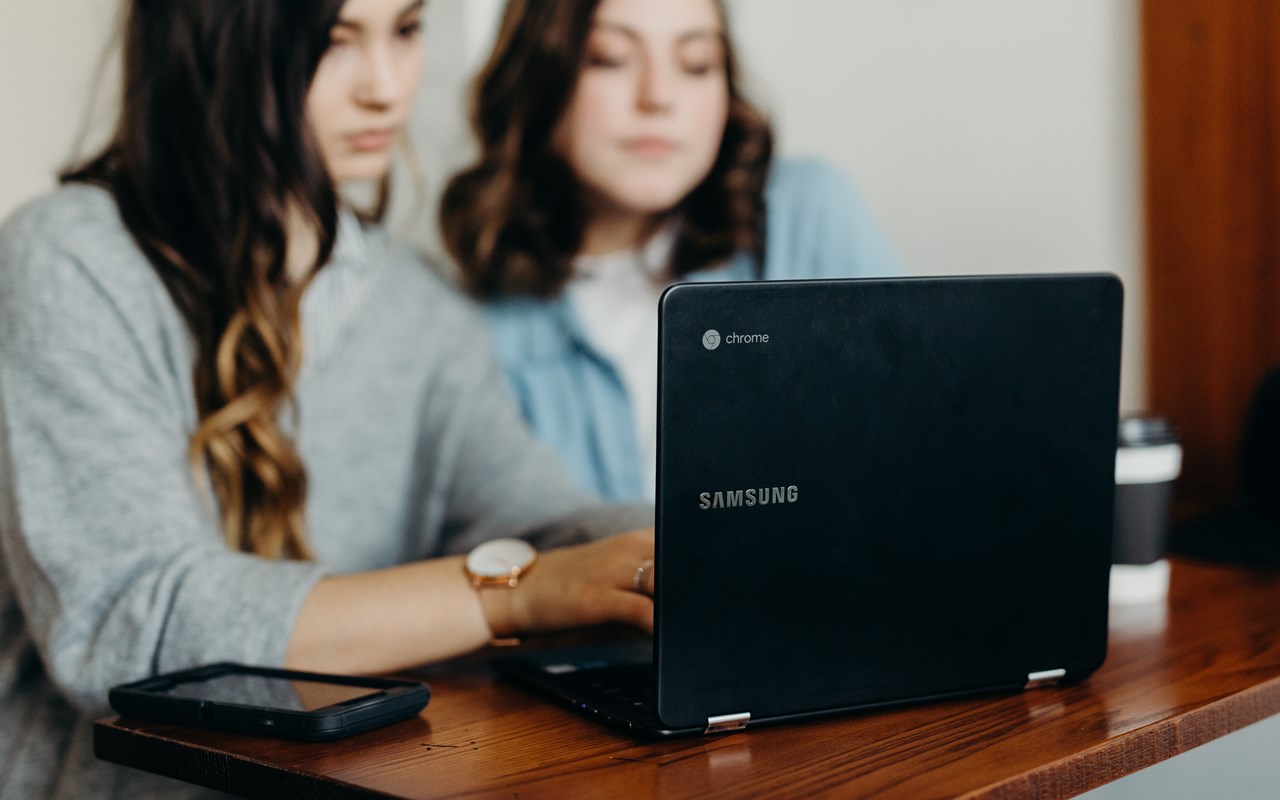ep
Citizen Science at School
Toolkit for teachers

Citizen Science as a thriving practice involves the participation of public in activities and processes that take place during a scientific research. Citizens with no specific expertise and with the assistance of the scientists contribute to a certain research with their own thinking, knowledge, tools and resources. They raise research questions, design experiments, provide new data, use or build experimental devices and sensors, and interpret data by creating results that are interesting for many applications.
The Citizen Science Toolkit for Teachers is trans-disciplinary module on how to introduce Citizen Science at school, in the form of a toolkit for teachers. The aim was to co-create a CS experiment based on the social concerns of the students and that the results of this experiment had a local social impact. We are thus referring to this particular material as Citizen Science Toolkit for Social Change. The research context of Citizen Science Toolkit for Social Change is the one of human behavior research.
Through simple games based on well-documented social dilemmas, traits such as cooperation, generosity, empathy, sense of justice, reciprocity, trust, optimism etc. are captured. These traits can be directly contributed to the social welfare of a city’s inhabitants. The simple games are embedded in an attractive experimental set-up placed in urban public spaces. By making play pedestrians as volunteers, it is moreover ensured to involve a representative segment of the public spaces’ users, and thus of the city’s inhabitants.
Students while co-designing the CS experiments undergo through a transdisciplinary scientific and creative process, where the boundaries among disciplines such as Game Theory, Sociology, Mathematics, Design, Communication, Urban Planning, Economics, and ICT almost disappear.
The Citizen Science Toolkit has been developed by a research unit of the University of Barcelona, in the framework of the STEM4you(th) project and it is displayed under the Citizen Science Section of the STEM4Youth Educational Platform. The optimal students age range for students is 14-17 years old.
For further information you may contact us at (+30) 210 94 69 626 or at projects@eef.edu.gr.
ep


